Anela’s Club by D.K. Yamashiro
“It is vital for a person who suffers from trauma to realize they are not alone. They can take comfort and strength in knowing that resilience is a quality each of us can develop to different degrees.”
That is an important observation from D.K. Yamashiro, author of Anela’s Club, a coming-of-age story about rising above tragedy and learning to view life through a lens of hope and love.
It is the author’s hope that Anela, along with her family and friends, may provide an avenue toward meaningful conversations between a parent and child or grandchild, or a teacher and student, or a coach and player. “Perhaps the story may lead to a catharsis for them.”
In this recent interview, Yamashiro delved deeper into the themes and inspirations for this gripping book.
Q: What inspired you to write Anela’s Club?
A: My inspiration for Anela’s Club stems from my own childhood trauma. I also traveled throughout the United States, witnessing the pain of childhood trauma in youth and adults alike. It is heartbreaking to learn from the National Institute for Children’s Health Quality that 34.8 million children up to 17 years of age are exposed to trauma, and the Children’s Hospital Association says 2 million adolescents attempt suicide every year.
When I read Jostein Gaarder’s Sophie’s World, I was captivated by the creative way he conveyed a complex subject such as philosophy to children. That also planted a seed that grew with my interest in how childhood trauma influences the foundation of leaders, particularly American presidents. I thought, “How might my research make a meaningful difference among youth and families?”
Q: Your book features tales of real-life world leaders who persevered through childhood hardship. What was the research process like for compiling those examples?
A: I read a wide range of biographies and autobiographies while I was a graduate student at Harvard. This led to an in-depth exploration of the childhood traumas of 12 modern American presidents. Over several years I gathered data from presidential museums and archives in Massachusetts, New York, Georgia, Arkansas, Texas, Kansas, Missouri and California.
I discovered that all American presidents in my study experienced childhood trauma; some had had multiple traumas. While trauma is often viewed as a precursor to a downward spiral, my findings suggest that mentors play a crucial role in building resilience and contributing to the upward trajectories of leaders.
I then examined the childhood traumas of first-female heads of state, using resources from libraries and archives at Harvard and Oxford. I’m thinking of presenting my research through several projects, including a non-fiction book and a screenplay.
Q: How did your own near-death experience impact your writing of this story?
A: It had a huge impact. As a teenager, I fell 400 feet while free climbing a ridge in Hawaii; this resulted in multiple skull fractures, a peeled scalp and massive brain trauma. I had to relearn how to walk, talk, eat and write, while also grappling with depression and an emotional breakdown. This journey allowed me to develop a deeper empathy for those who experience suffering.
We each have a private inner life and may at times sense a kind of “quiet desperation” that Thoreau described. Langston Hughes’ Minstrel Man (1925) resonates, “Because my mouth is wide with laughter and my throat deep with song, you do not think I suffer after I have held my pain so long.” Stories reach us in tender ways. I wrote Anela’s Club for someone who has experienced trauma.
Q: Who is the target audience for this book?
A: The target audience for Anela’s Club includes students, parents, guardians, teachers, coaches, counselors, under-represented teens and fans of comeback stories. Readers who appreciated The Fault in Our Stars, The Book Thief, The Poisonwood Bible and Sophie’s World are likely to enjoy this story. I have been encouraged by the number of adult readers who have shared how the story has touched them and how they are sharing the book with fellow teachers, friends, family and young people.
Q: What do you hope readers take away from Anela’s Club?
A: It is vital for a person who suffers from trauma to realize they are not alone. They can also take comfort and strength in knowing that resilience is a quality each of us can develop to different degrees. I hope that Anela along with her family and friends may provide an avenue toward meaningful conversations, for example, between a parent and child or grandchild, or a teacher and student, or a coach and player. Perhaps the story may lead to a catharsis for them. I also hope that the way the quotations are woven through the story — from American presidents and world leaders, about their childhoods — will inspire and motivate readers.
Q: Is there another book or project you’re working on next?
A: I’m working on an adult nonfiction book. It’s a resource that is related to the themes in Anela’s Club but distinct. Right now, the working title is Profiles of Courage: From the Cauldron of Childhood Trauma to the Oval Office. While John F. Kennedy’s Pulitzer Prize-winning Profiles in Courage (1956) focused on the bravery of U.S. senators, my book takes a deep dive into the childhood traumas of 13 U.S. presidents and focuses on the role religious mentors played in their growth as leaders. My approach provides a “backstage pass” by offering a view into their painful childhood experiences, which most people don’t know about and the mentors who supported them through those moments. I think it would appeal to readers who are interested in education, childhood trauma, psychology, history and current events.
RELATED POSTS:
Resilience Shines Through Grief and Family Chaos in “Anela’s Club”
About D.K. Yamashiro:
As a teen, D.K. Yamashiro survived falling four hundred feet from a ridge in Hawaii, suffering severe brain injuries. Years of recovery involved a camel ride at the Pyramids of Giza, swimming in the Mediterranean Sea, hiking up Masada, sledding down the Great Wall of China, exploring underground caves in the Black Hills, and speaking to crowds in East Africa and Brazilian favelas. A master’s at Harvard and summer studies at Oxford preceded a PhD with research on childhood traumas of American presidents. Yamashiro resides in Brookline, Massachusetts, and is an affiliate at MIT.

Publish Date: May 10, 2024
Genre: Fiction
Author: D.K. Yamashiro
Page Count: 208 pages
Publisher: Koehler Books
ISBN: 979-8888242223

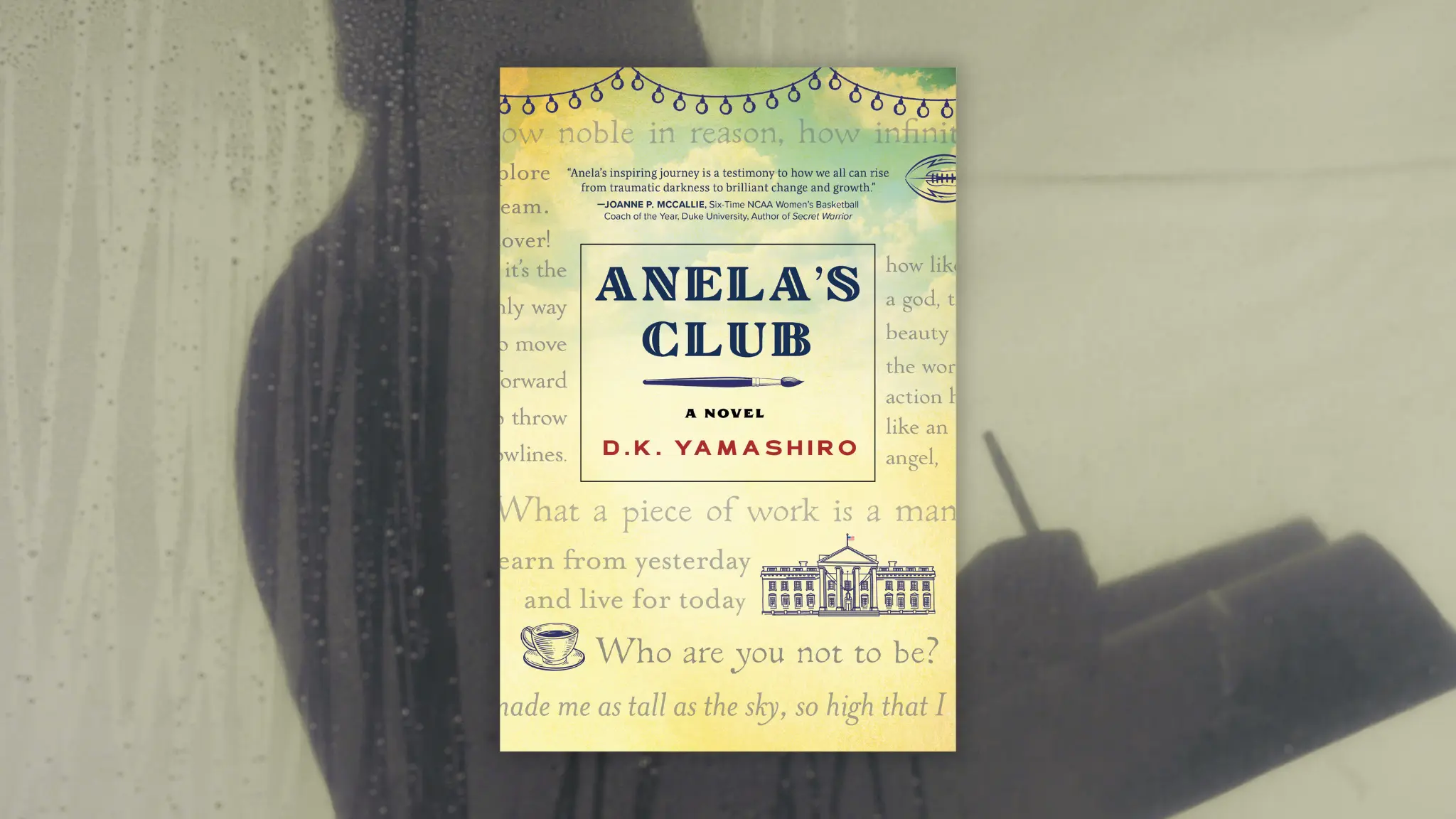




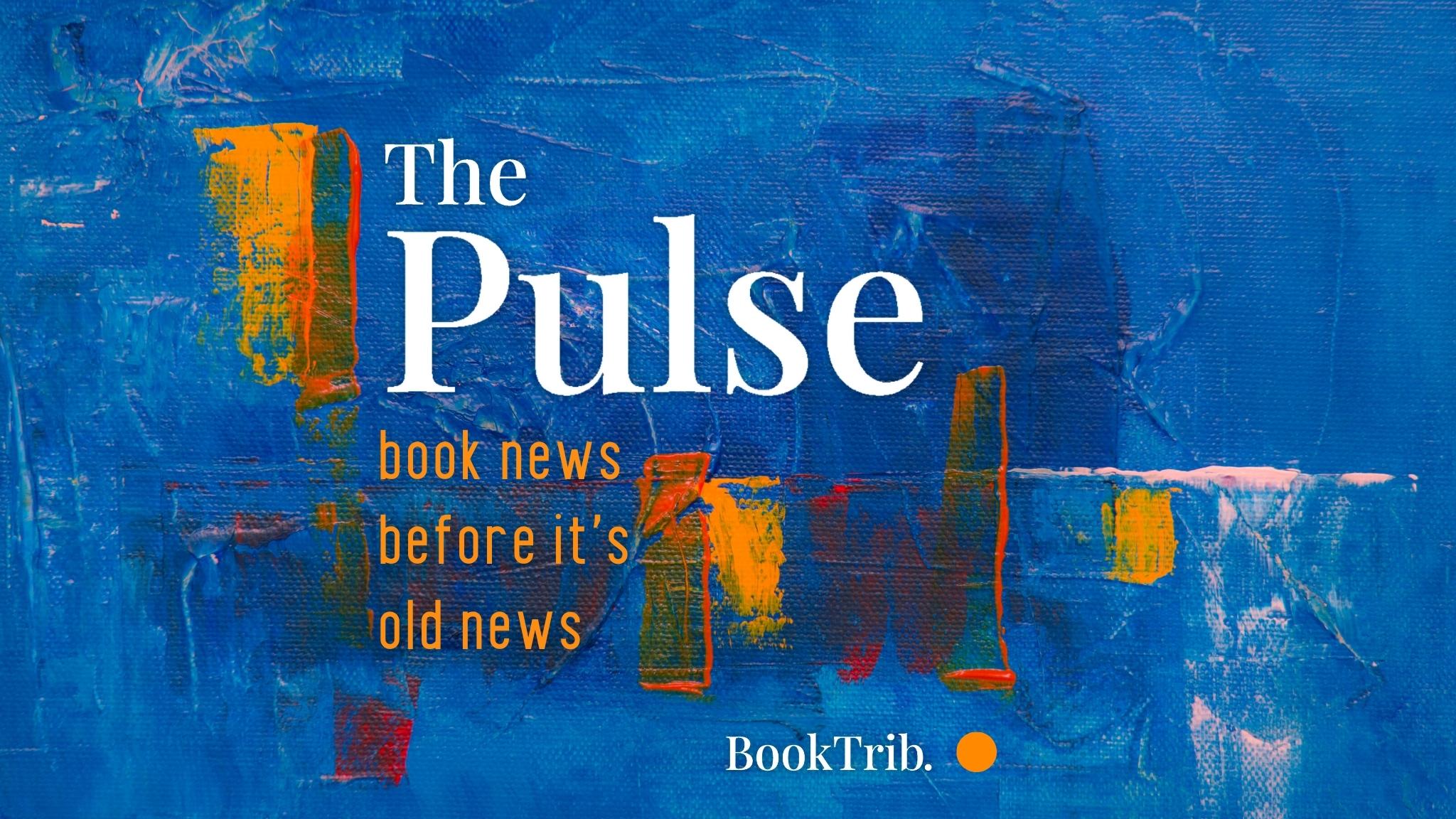


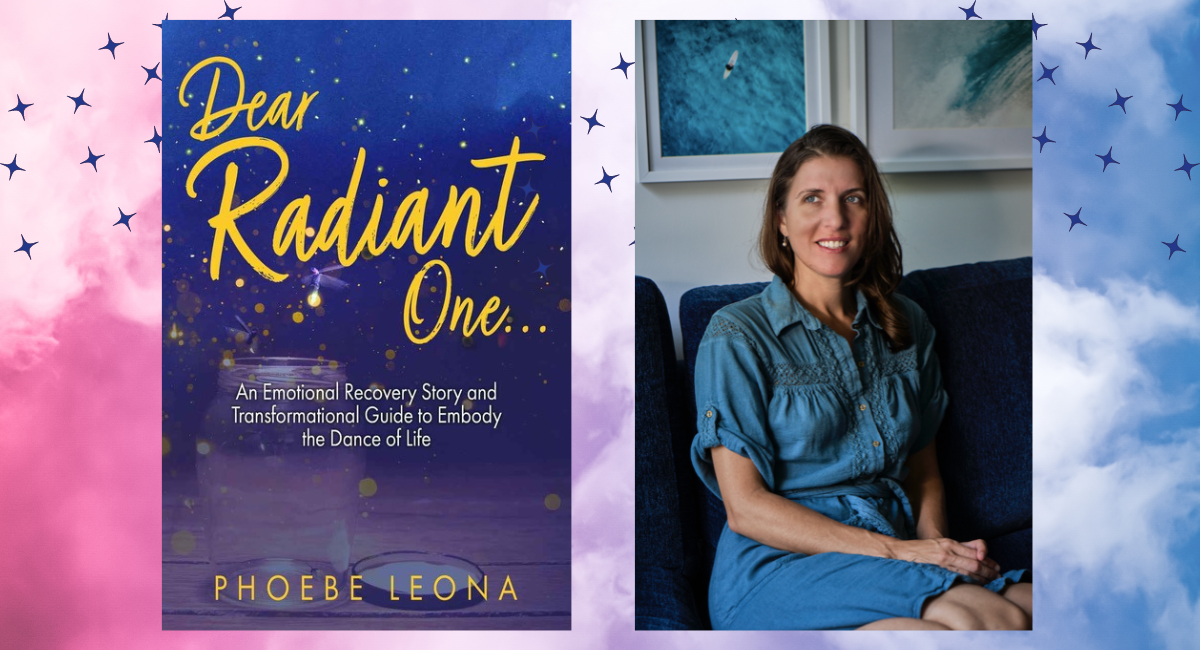














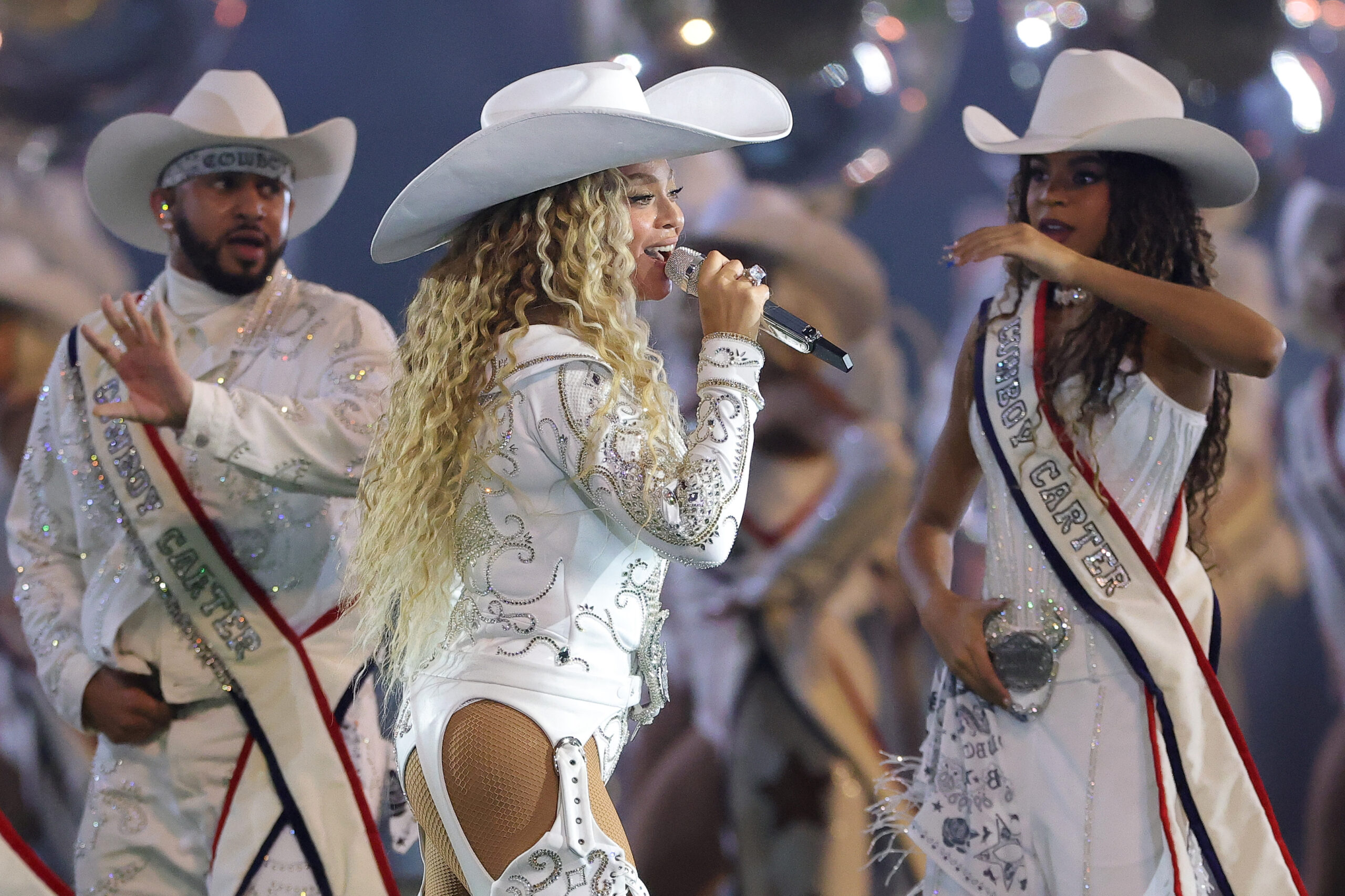

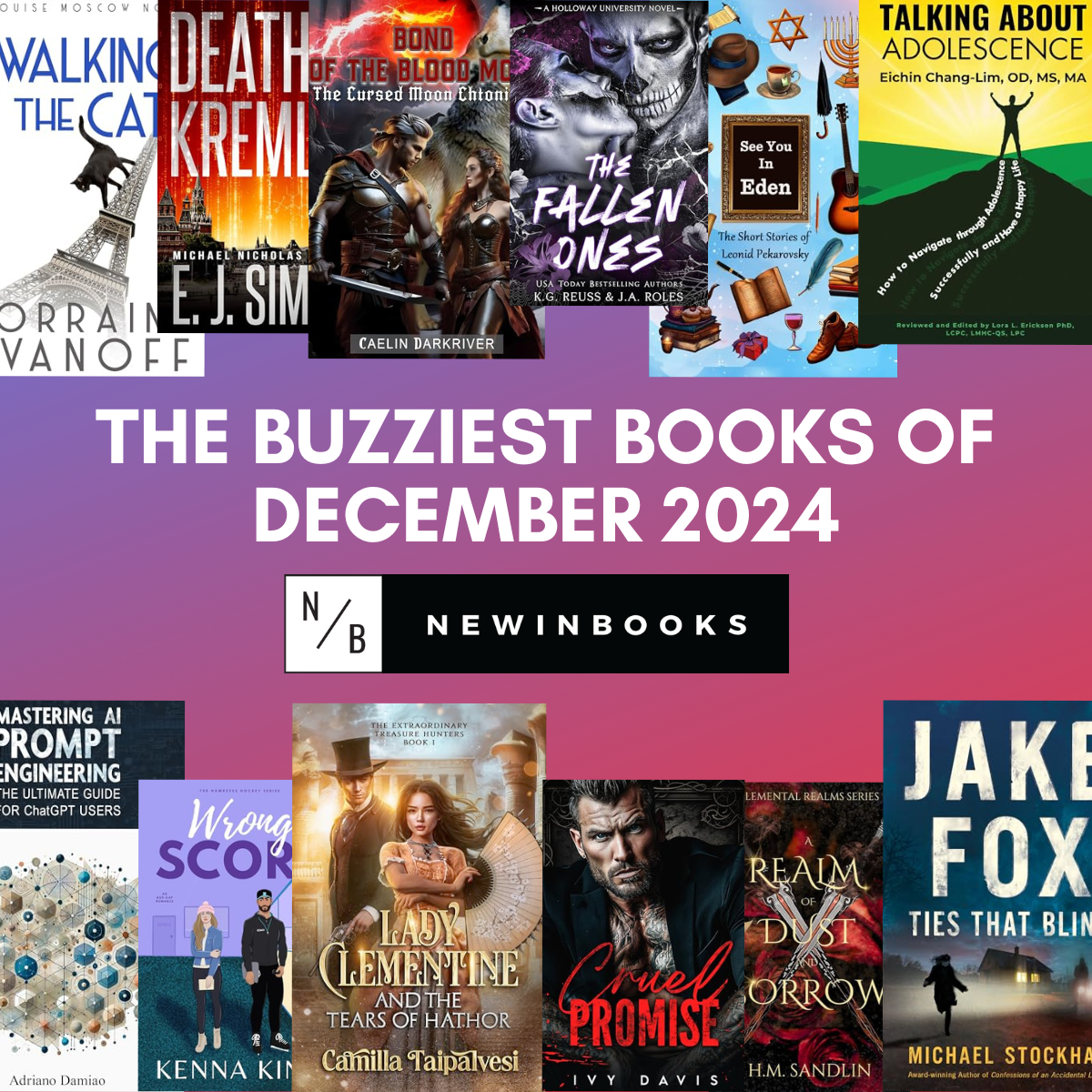


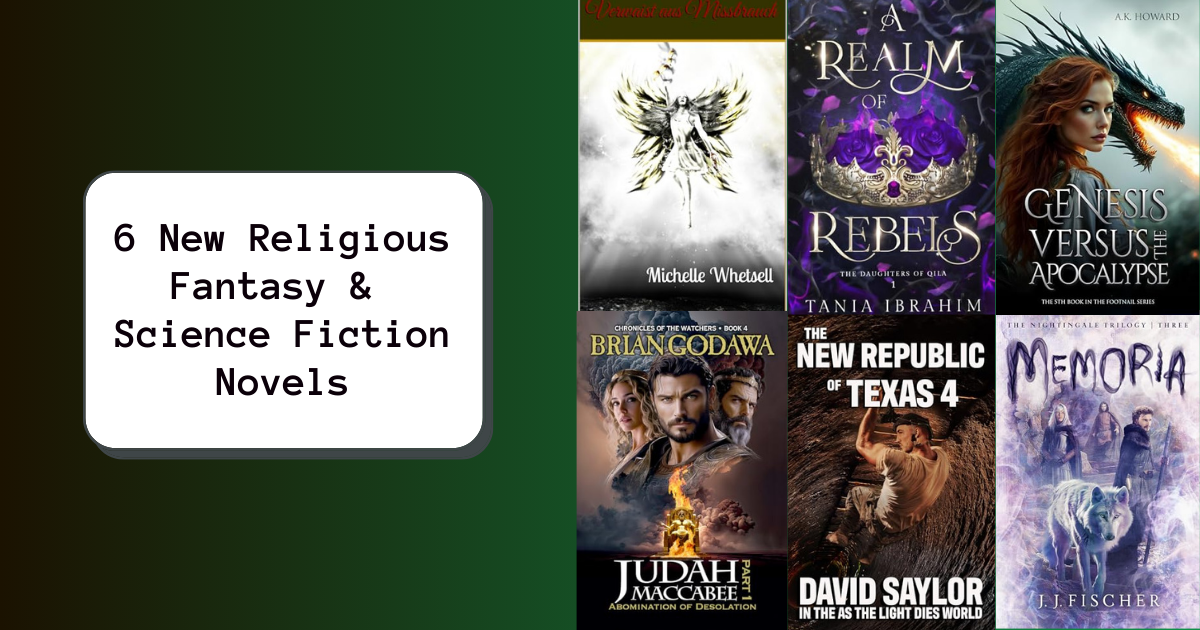




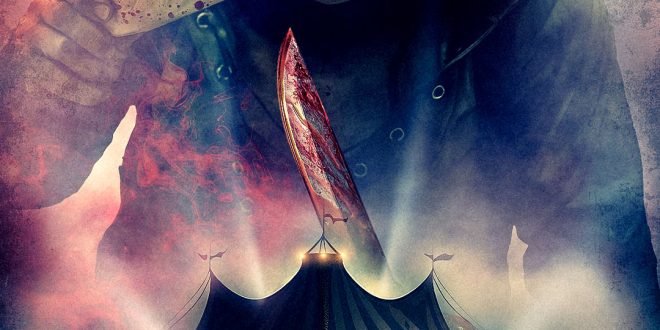
![The Ones Who Live [SERIE] The Ones Who Live [SERIE]](https://bloghorror.com/wp-content/uploads/2024/12/The-Walking-Dead-The-Ones-Who-Live-SERIE_5.jpg)

